Greetings Top Tech crew, Its no discussion that when it comes to producing music, the best MIDI controller can be an essential tool for any musician or producer. A MIDI controller allows you to control your software instruments and digital audio workstations (DAWs) with physical knobs, sliders, and buttons. With so many options available on the market, it can be overwhelming to choose the best MIDI controller for your needs. In this article, we will provide you with some tips on how to choose the best MIDI controller. Find out the industries best in Top 7 Picks for Best MIDI Controller.
Firstly, consider the size of the MIDI controller. If you are looking for a portable option, a smaller MIDI controller may be more suitable for you. However, if you are looking for a more comprehensive and hands-on experience, a larger MIDI controller with more knobs and sliders may be the way to go. Additionally, consider the number of keys you need. If you are a pianist or keyboardist, you may want a MIDI controller with a full 88-key keyboard. However, if you are a producer who mainly uses drum pads, a smaller keyboard with fewer keys may be more suitable.
Table of Contents
Disclosure:
Please note that some of the links in this article are affiliate links. This means that at no additional cost to you, we may earn a commission if you click through and make a purchase. We only recommend products that we have thoroughly researched and believe can bring value to our readers. Your support in purchasing through these links helps us continue to provide valuable content in the realm of technology and computing. Thank you for your support!
Understanding MIDI Controllers
When it comes to creating music using digital audio workstations (DAWs) and virtual instruments, MIDI controllers are essential tools. They allow us to control and manipulate software instruments in real-time, adding a human feel to our music. In this section, we’ll take a closer look at MIDI controllers and what they do.
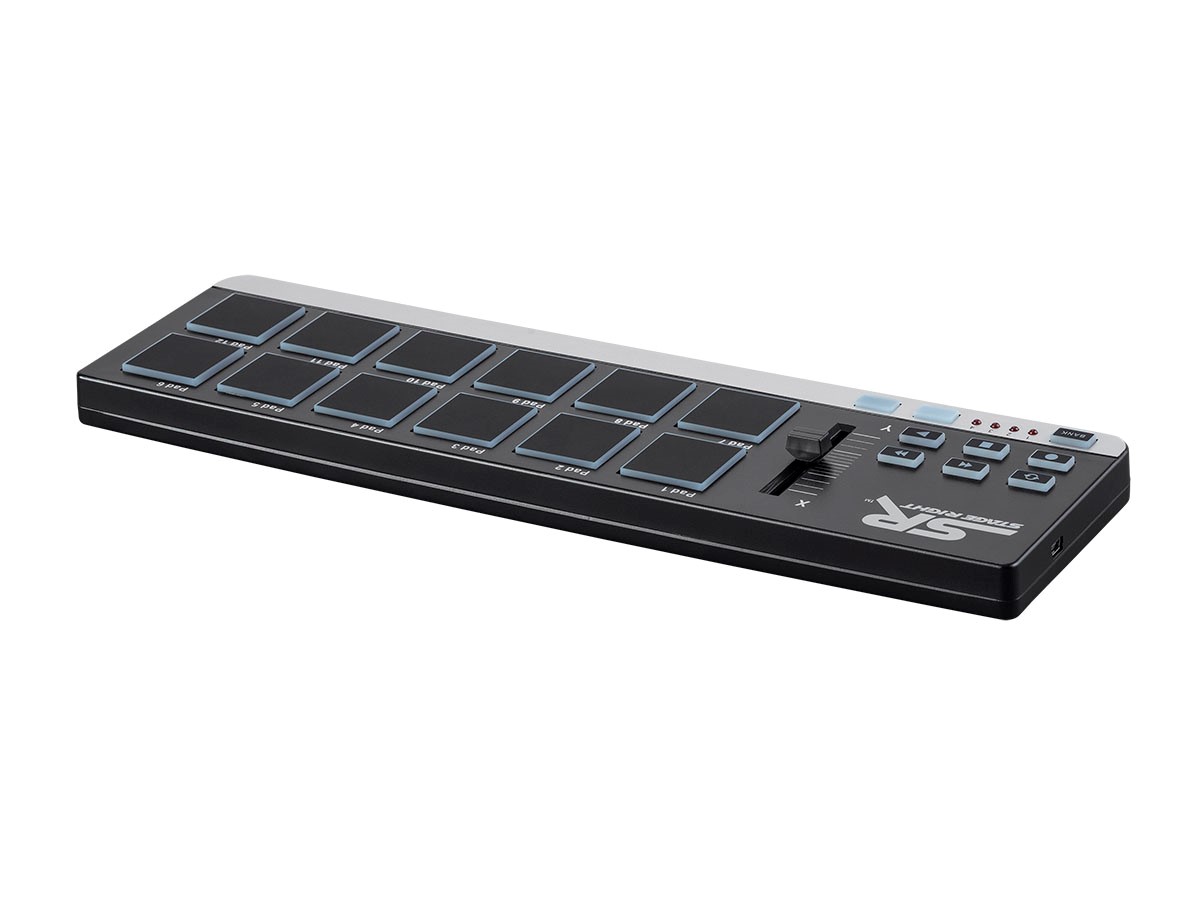
What Makes The Best MIDI Controller?
MIDI stands for Musical Instrument Digital Interface. It is a protocol that allows electronic musical instruments, computers, and other devices to communicate with each other. MIDI is not an audio signal, but rather a set of instructions that tells a device what notes to play, how loud to play them, and how long to hold them.
What makes the best MIDI Controller?
The best MIDI controller is a device that sends MIDI messages to another device, such as a computer or a synthesizer, to control its functions. MIDI controllers come in many different forms, including keyboards, drum pads, faders, knobs, and more. They allow us to play virtual instruments, control effects, and manipulate parameters in our DAWs.

What to Consider When Choosing the best MIDI Controller?
When choosing the best MIDI controller, there are several factors to consider. First, consider the type of music you want to create and the instruments you want to play. If you’re a keyboard player, a MIDI keyboard controller might be the best option for you. If you’re a drummer, a MIDI drum pad controller might be a better fit duh.

Next, consider the size and number of keys or pads. If you’re a pianist, you might want a full-size keyboard with 88 keys. If you’re a producer, a smaller keyboard with fewer keys might be more portable and practical.
Finally, consider the features and connectivity options. Do you need faders, knobs, and buttons to control your DAW? Do you need USB, MIDI, or Bluetooth connectivity? Make sure to choose a MIDI controller that meets your specific needs.
By understanding MIDI controllers and what to consider when choosing one, you can make an informed decision and find the best MIDI controller for your needs.
Key Factors To Consider
When it comes to choosing the best MIDI controller, there are several key factors that you should consider before making a purchase. In this section, we will discuss the most important factors that you should keep in mind to ensure that you choose the right MIDI controller for your needs.
Number of Keys
One of the most important factors to consider when choosing the best MIDI controller is the number of keys. MIDI controllers come in a range of sizes, from compact 25-key controllers to larger 88-key controllers. The number of keys you need will depend on your personal preference and the type of music you are creating. If you are a pianist or keyboardist, you may want to opt for a larger controller with 61 or 88 keys.
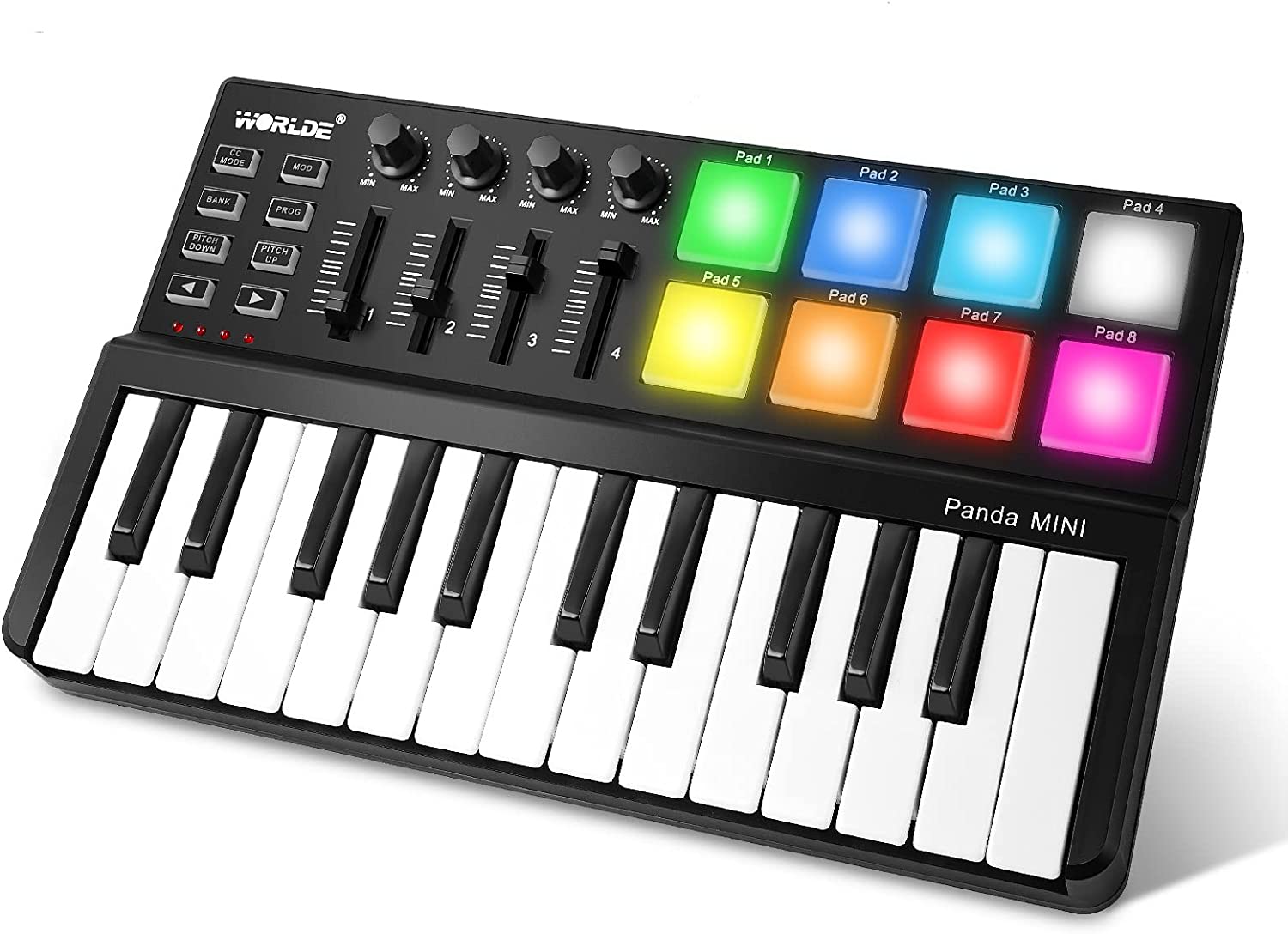
However, if you are a producer who primarily uses virtual instruments, a smaller 25 or 49-key controller may be more suitable.
Size and Portability
Another important factor to consider is the size and portability of the MIDI controller. If you plan on using your controller in a studio or fixed location, a larger and heavier controller may be suitable. However, if you plan on taking your controller on the road or to gigs, a smaller and more portable controller may be a better option.
Some MIDI controllers are designed specifically for portability, with features such as USB power and lightweight construction.
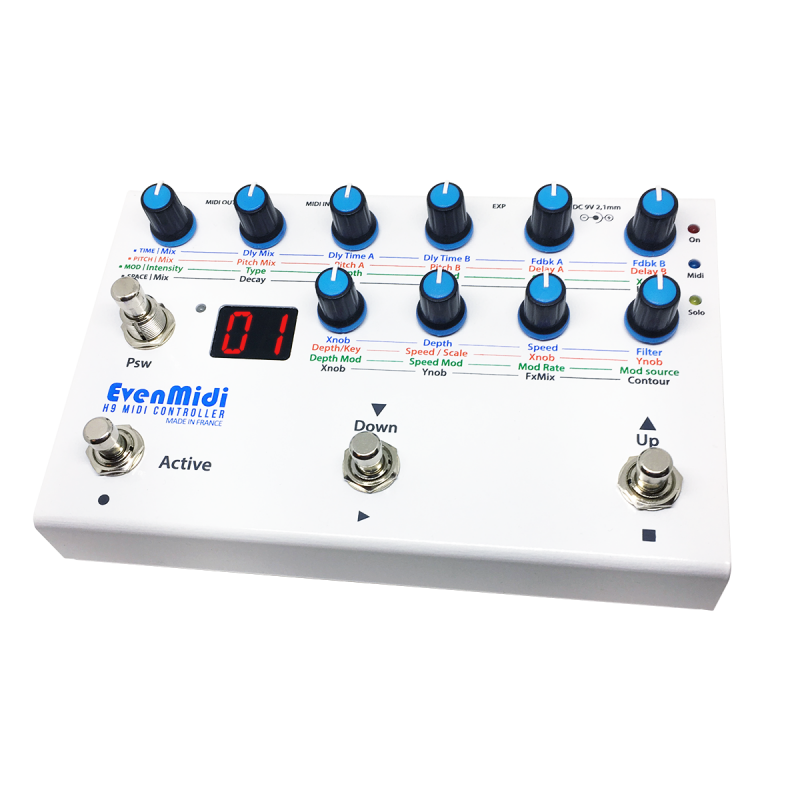
Aftertouch
Aftertouch is a feature that allows you to modulate the sound of a note after it has been played. This can add a level of expression and nuance to your playing, and is a feature that the best MIDI controllers offer. Some controllers offer polyphonic aftertouch, which allows you to modulate the sound of individual notes, while others offer channel aftertouch, which applies the same modulation to all notes played on a particular channel.
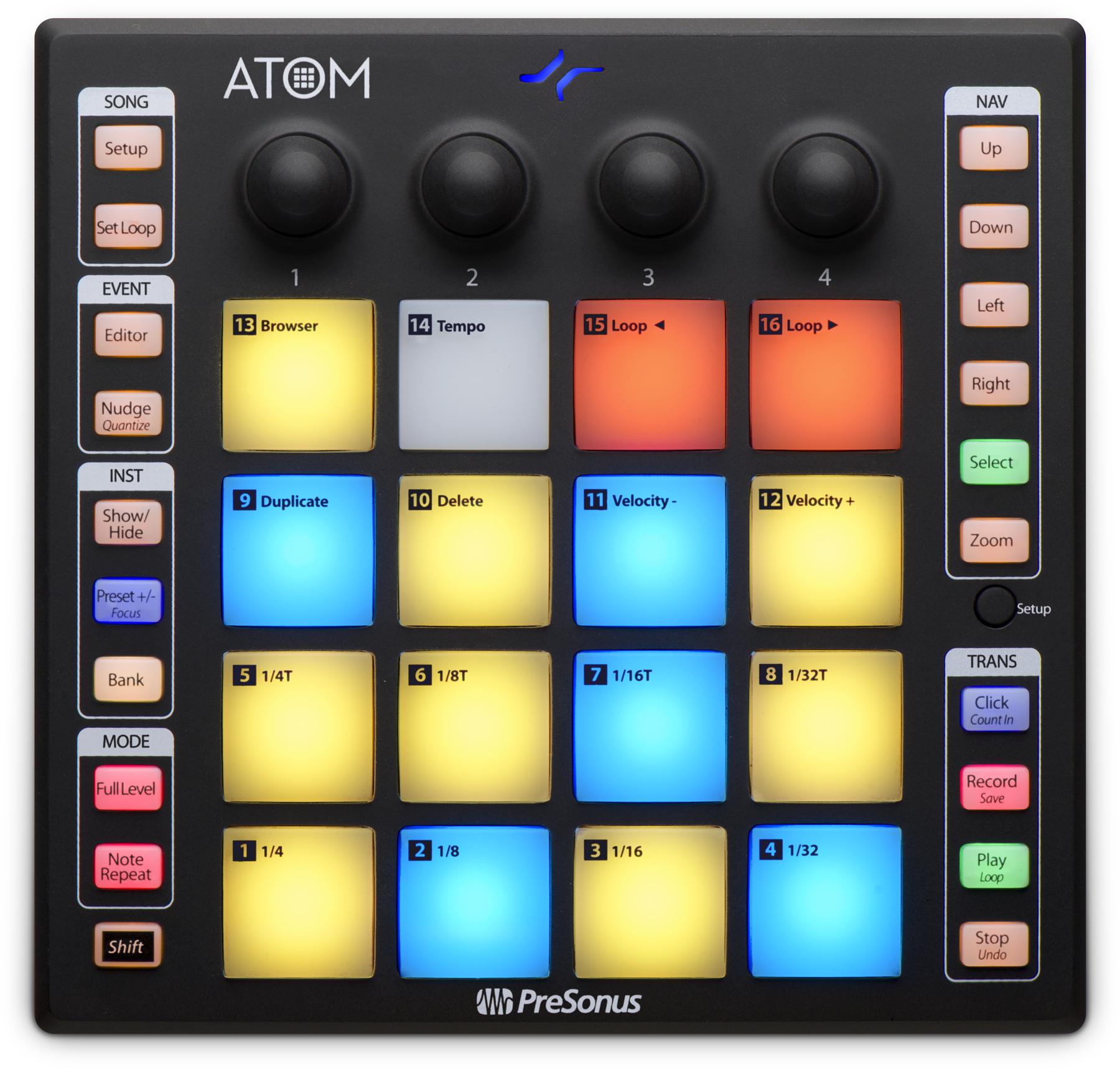
Pads and Buttons
The best MIDI controllers come equipped with pads and buttons that can be used to trigger samples, loops, and other sounds. These pads and buttons can be a great addition to your setup, allowing you to trigger sounds and samples with ease. Some controllers offer velocity-sensitive pads, which allow you to play drum sounds and other samples with a greater level of expression.
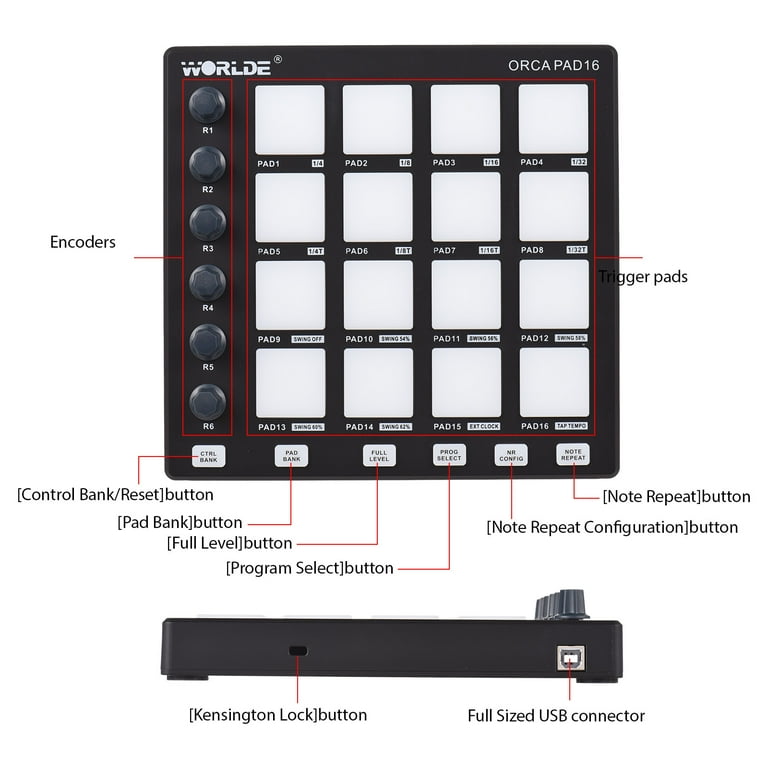
Knobs and Faders
Finally, many of the best MIDI controllers come equipped with knobs and faders that can be used to control various parameters in your DAW or virtual instruments. These knobs and faders can be a great addition to your setup, allowing you to control parameters such as volume, pan, and effects with ease. Some controllers offer motorized faders, which can be particularly useful for mixing and automation tasks.

By considering these key factors, you can choose a MIDI controller that meets your specific needs and helps you create the music you love.
Software Compatibility
When choosing a MIDI controller, it is essential to consider the software compatibility. MIDI controllers are designed to work with specific software, and not all controllers are compatible with all software. Therefore, before purchasing a MIDI controller, you should check the software compatibility to ensure that the controller works seamlessly with your preferred software.
Most MIDI controllers are designed to work with Digital Audio Workstations (DAWs), such as Ableton Live, Logic Pro, Pro Tools, and FL Studio.
However, some controllers may not be compatible with specific DAWs, so it is crucial to check the specifications of the controller before purchasing.
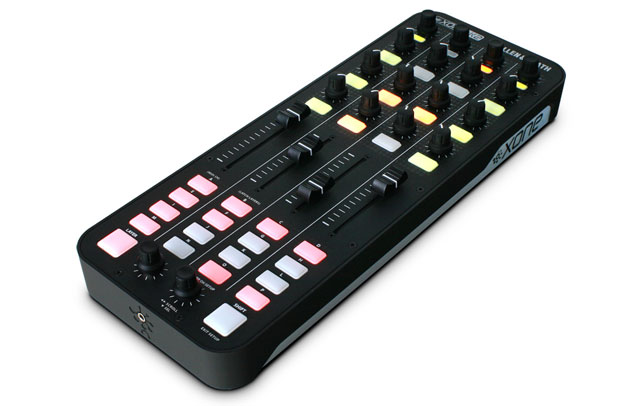
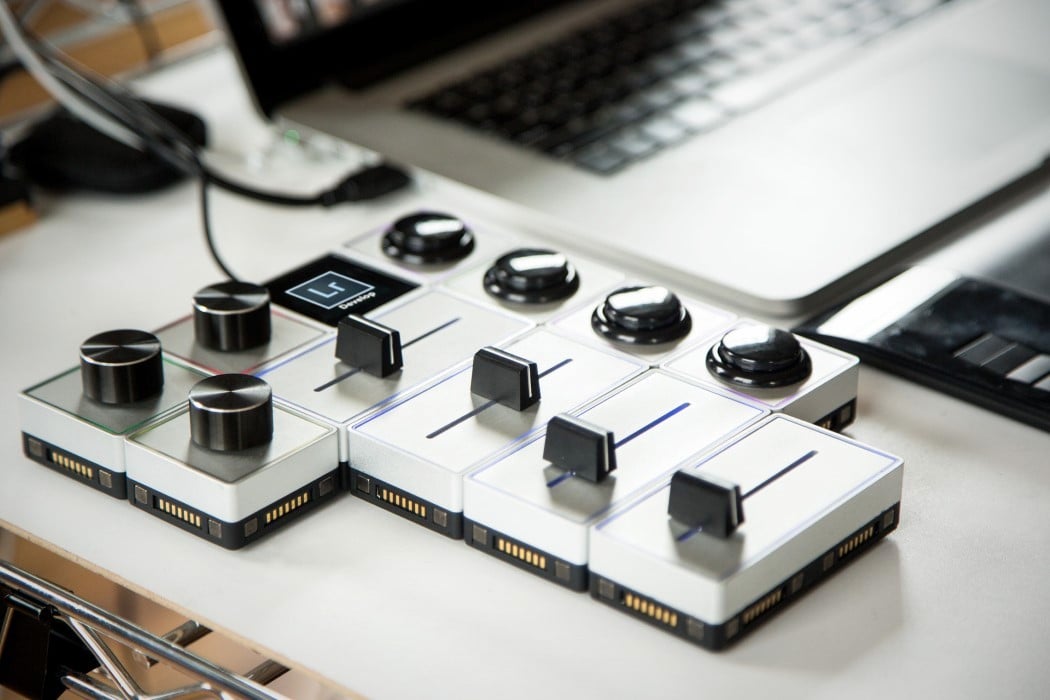
Additionally, some MIDI controllers come bundled with software, such as virtual instruments, effects plugins, and sample libraries.
These controllers are an excellent choice for beginners who want to start producing music without investing in additional software.
It is also essential to consider the platform compatibility of the MIDI controller. Some controllers are designed to work with specific operating systems, such as Windows, Mac, or iOS. Therefore, before purchasing a MIDI controller, you should check the platform compatibility to ensure that the controller works seamlessly with your preferred platform.
Overall, when choosing a MIDI controller, it is essential to consider the software and platform compatibility to ensure that the controller works seamlessly with your preferred software and platform.
Price & Budget
When choosing a MIDI controller, price and budget are important factors to consider. MIDI controllers come in a wide range of prices, from budget-friendly options to high-end professional-grade models. It’s important to set a budget and stick to it, but also keep in mind that a higher price tag doesn’t always guarantee better quality.
Here are some things to consider when it comes to price and budget:
- Features vs. Price: Consider the features you need in a MIDI controller and compare them to the price. If you’re just starting out and don’t need a lot of advanced features, a budget-friendly option may be a good choice. However, if you’re a professional musician or producer, investing in a higher-end MIDI controller with more features may be worth it.
- Brand: Brand can also play a role in the price of a MIDI controller. Some brands are known for producing high-quality products and may come with a higher price tag. However, there are also lesser-known brands that offer quality MIDI controllers at a more affordable price.
- Used vs. New: Another way to save money when buying a MIDI controller is to consider purchasing a used one. However, it’s important to do your research and make sure the controller is in good condition before making a purchase.
- Accessories: Keep in mind that the price of a MIDI controller doesn’t always include accessories such as cables or software. Make sure to factor in the cost of any necessary accessories when setting your budget.
Overall, when it comes to price and budget, it’s important to find a balance between features and cost. By considering your needs and doing your research, you can find a MIDI controller that fits your budget and meets your requirements.

Consumer Reviews
When choosing a MIDI controller, it’s always a good idea to read consumer reviews to get an idea of how other musicians have used the product and their overall satisfaction with it. Here are some key takeaways from customer reviews:
Overall, consumer reviews can be a valuable resource when choosing a MIDI controller. By taking into account the experiences of other musicians, you can make an informed decision and choose a controller that will meet your needs and expectations.
Frequently Asked Questions
What factors should I consider when choosing a MIDI controller?
When choosing a MIDI controller, there are several factors to consider. First, you should consider the type of music you will be producing. This will help you determine the number of keys and other features you will need. You should also consider the size of the controller, as well as its portability and ease of use.
What are the most important features to look for in a MIDI controller?
The most important features to look for in a MIDI controller will depend on your specific needs. However, some common features to consider include the number of keys, the type of keys, the number of pads, the number of knobs and faders, and the overall build quality.
Which brands offer the best MIDI controllers?
There are several brands that offer high-quality MIDI controllers, including Akai, Novation, Native Instruments, M-Audio, and Arturia. However, the best brand for you will depend on your specific needs and preferences.
What is the best MIDI controller for beginners?
For beginners, we recommend starting with a simple, affordable MIDI controller that has a small number of keys and basic features. Some good options include the Akai MPK Mini, Novation Launchpad Mini, and M-Audio Keystation Mini.
Are there any MIDI controllers with built-in sounds?
Yes, there are several MIDI controllers with built-in sounds, including the Akai MPK Mini Play, Novation Launchkey Mini MK3, and Arturia KeyLab Essential.
Which MIDI controller is recommended for use with Reason?
For use with Reason, we recommend a MIDI controller with a good number of knobs and faders, as well as pads for triggering clips and samples. Some good options include the Akai MPK Mini MK3, Novation Launchkey 49 MK3, and Arturia KeyLab MKII.
Wrap Up
Choosing the right MIDI controller is a crucial step towards creating quality music. We have gone through the essential factors that you should consider when selecting a MIDI controller. We recommend that you prioritize your needs, budget, and preferences when making your choice.

We also recommend that you consider the size and portability of the controller.
If you plan to use it for live performances, you should go for a compact and lightweight controller that is easy to carry around.
It is important to note that a higher price does not always mean better quality. You should look for a controller that has the features that you need and is within your budget.
Additionally, you should ensure that the controller is compatible with your music software and hardware.
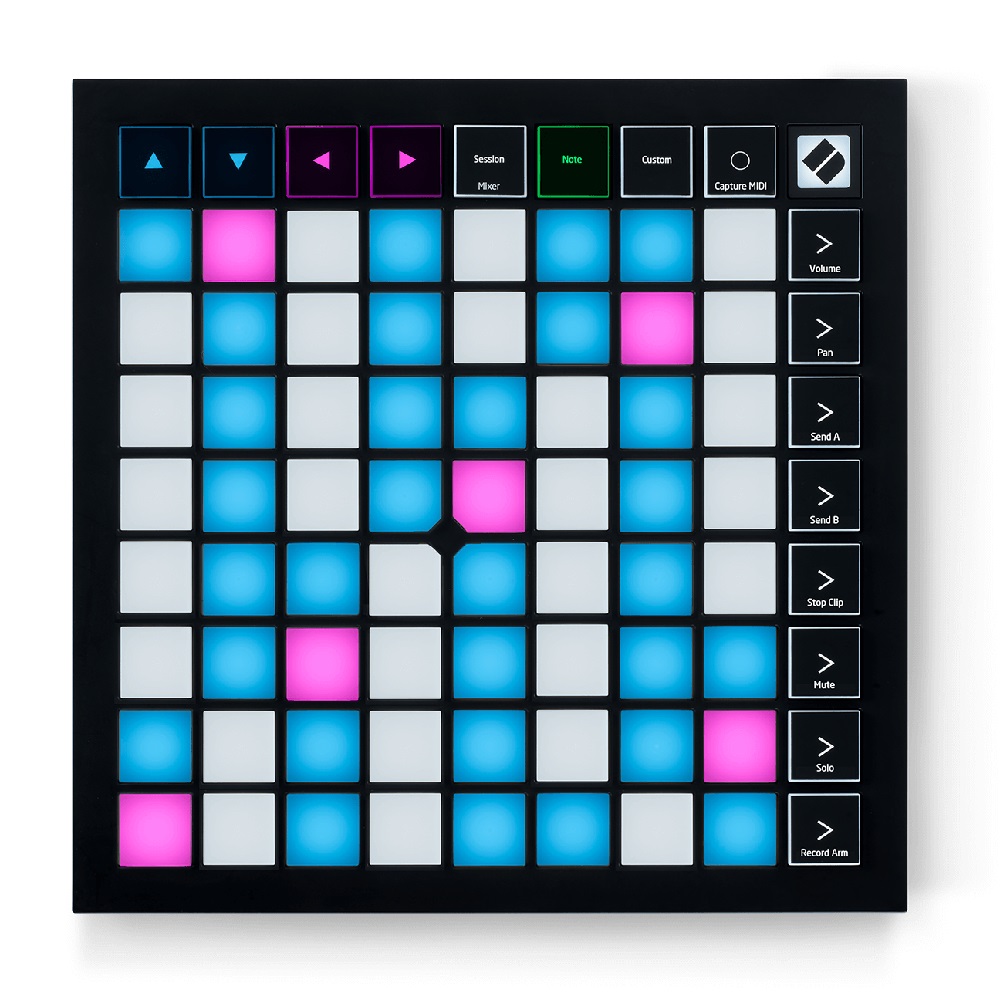
Finally, we advise that you try out different controllers before making a purchase. This will give you a better feel of the controller’s playability and functionality. With these factors in mind, you can choose a MIDI controller that suits your needs and helps you create great music effortlessly.




